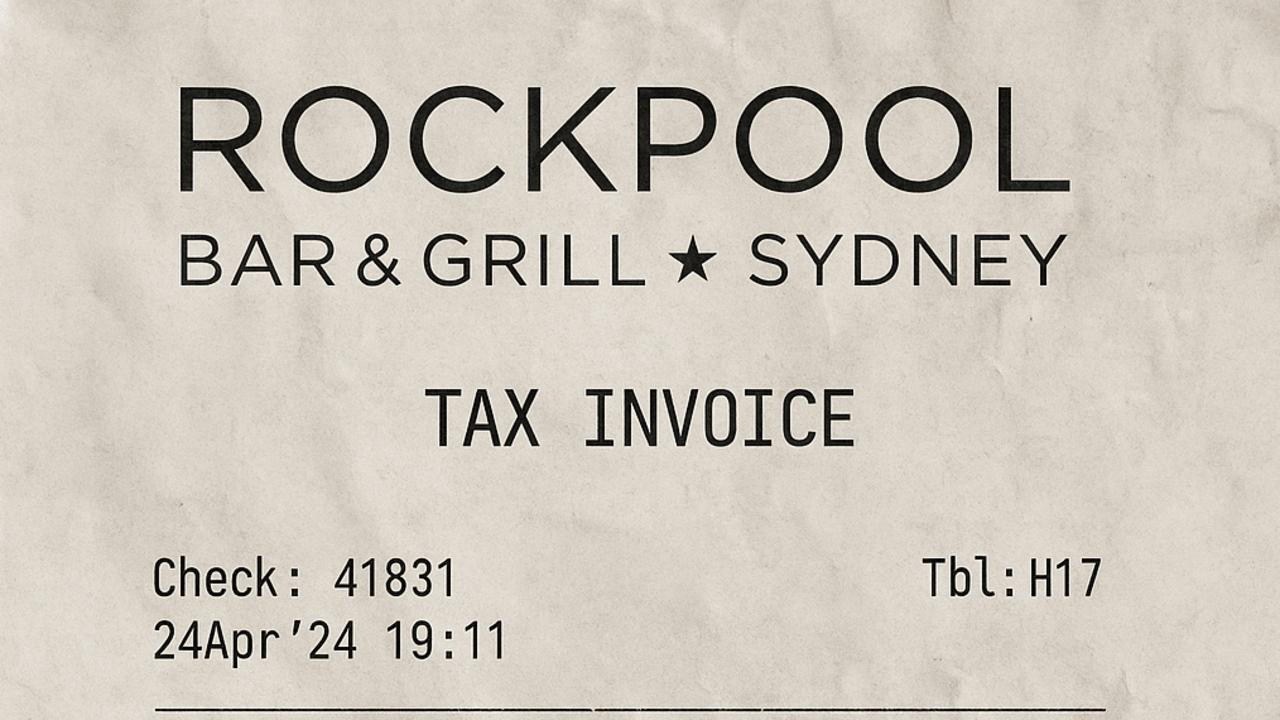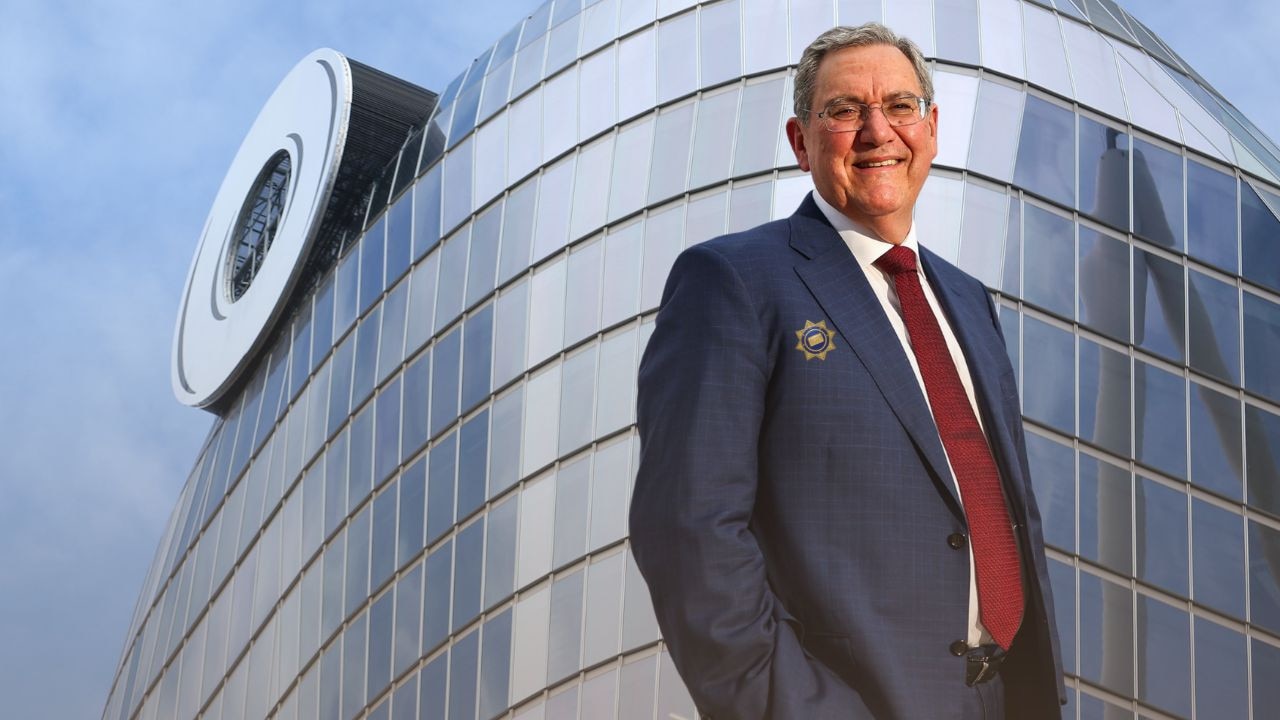‘Proxy’ war likely between China and allies of the US, similar to the Ukraine war: Guy Hands
British buyout king Guy Hands says he’s kept ‘awake at night’ by the ongoing threats to stability in the global political system.
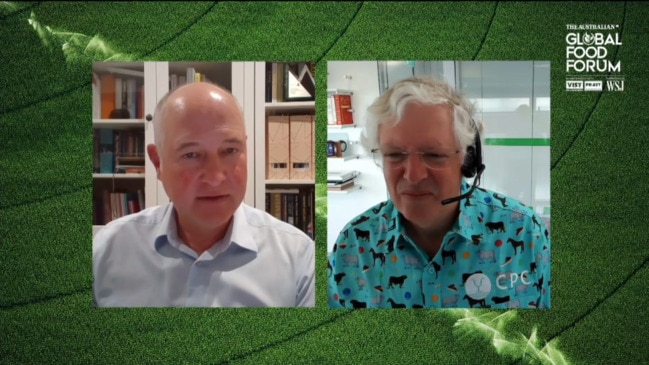
Business
Don't miss out on the headlines from Business. Followed categories will be added to My News.
British buyout king and founder of one of the largest private equity groups in Europe, Guy Hands, has warned of a “proxy” war erupting between China and allies of the US, similar to the Ukraine war, as the Chinese flex their muscles militarily to assert their place in the global world order.
Mr Hands, the owner of the Consolidated Pastoral Company – long owned by the Packer family before it was acquired by Mr Hands’ private equity firm Terra Firma Capital Partners in 2009 and then by his private family office in 2020 – said he was “kept awake at night” by the ongoing threats to stability in the global political system.
“It is the change in the world in terms of the West, to some extent, versus China. I’ve lived in a world where, really, America dominated for 70 or 80 years. That is changing. It is not a one nation world anymore. Now can China militarily challenge the US? I don’t think so. Certainly not in the next 20 to 40 years. But will China be increasingly challenging the US financially? Absolutely. Will they flex their muscles militarily? Absolutely. That worries me, that does keep me up at night,” he told The Australian and Visy’s Global Food Forum on Thursday from his office in Guernsey in the UK Channel Islands.
“You’ve seen what’s happened in Europe. I was predicting a European war with Russia back in 2014 – much to people thinking I was crazy to say it – but it is there. It has happened and it is not getting any better. There is no, as I can see it, way forward on that. You only need a flashpoint somewhere connected with China and you could find the same thing with China. Do I think you will have a direct war between America and China? Unlikely for the next 20 years. Do I think there will be a flashpoint and a proxy war? Quite likely.”
Mr Hands is renowned as one of the UK’s most colourful business figures.
He made his fortune devising leveraged buyouts at Japanese bank Nomura and Terra Firma’s multi-billion dollar asset portfolio has included brands such as Wyevale Garden Centres and Annington Homes in the UK.
His largest and also the least successful deal was his disastrous £4.2bn takeover of the now defunct record label EMI in 2007, shortly before the financial crash.
The takeover, he has previously admitted, was over-leveraged and led to a long-running legal battle with Citigroup, the US bank that had advised on the mega deal.
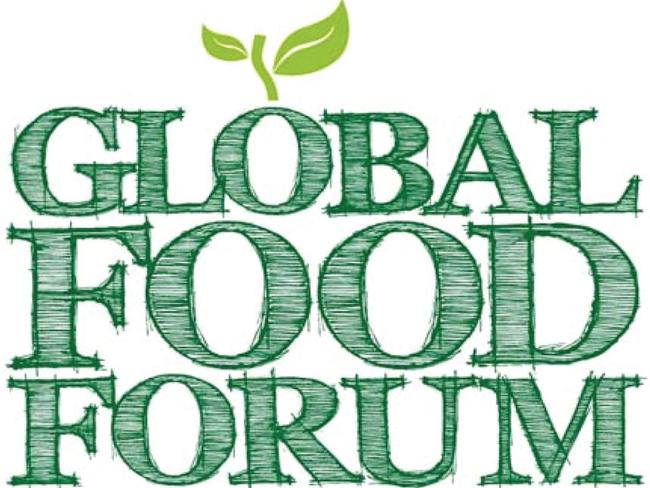
Mr Hands said the current investment climate was the most difficult he had ever seen, where making money would be far less predictable and difficult.
“I was very lucky, I entered in 1982, and I remember French bonds were trading at 19 per cent. Pretty well up until the last year, interest rates came down continually, which meant that as long as you were long, you really had to try hard to be wrong. So it was a very, very easy 50 years. The markets now are much, much more volatile. Where people are going to be able to make money is far less predictable. The pace of technological change is quite extraordinary. Then you’ve got on top of that climate change, you’ve got the war in Europe, risk of wars breaking out in a lot of other countries. So a vastly, vastly more difficult market than what I grew up with,” he said.
“So I think all credit to people who are out there today, able to invest on an international basis and in different businesses. From my point of view, I’m just concentrating on the businesses that I know and love and just keeping solidly focused on that. So I think it’s going to be very, very difficult to get it right. Having said that, the people who do get it right, will be incredibly successful. But how much of that will come down to luck and how much will come down to judgement, it’s difficult to say. The next 50 years are going to be a lot more difficult than the last 50 years.”
His family’s current long-term investments in addition to CPC include assets in forestry, hotels and wine production. It also holds major food service interests, including 450 McDonald’s restaurants in four countries in Europe.
“We tend to focus on things which are essential to life. There’s the old comment that they are not making any more land, and that’s definitely true. But people will need to continue to eat, so that has always been our focus – what things which are essential,” he said.
“We have one business which doesn’t quite fit in with that, but everything else is pretty much an essential business. We like them. Because you have this connection with the people in them.”
In 2020 when he purchased CPC in a transaction worth more than $500m – that gave the existing CPC management team led by Troy Setter equity in the business – Mr Hands described the nation’s largest privately owned cattle company as a ‘multi-generational’ family investment.
His family has had a long-term connection with Australia, with family members resident in Australia, and one of his sons, Richard, having worked for CPC as a jackaroo on Carlton Hill.
Before the Covid-19 pandemic, Mr Hands visited CPC’s network of stations at least twice a year, staying on each occasion for several weeks.
Since Covid-19, he has made two visits to Australia.
CPC now runs nearly 300,000 head of cattle and its direct sales channels primarily involve selling cattle and beef to Asian consumer markets, domestic feedlots and processors, and exporting live cattle.
The company also holds a 90 per cent interest in a joint venture that owns and operates two feedlots in Indonesia.
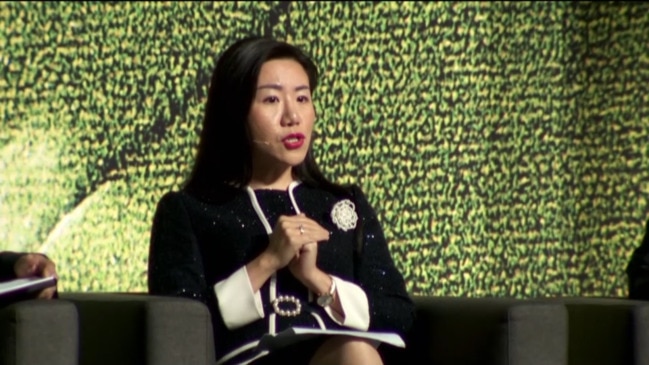
“I think we’ve always had a very strong positive view about the agricultural business in Australia, and also about what can be done with land there as well. It is an incredibly unique situation that Australia has. CPC is going really well, both on the cattle side and also on the cropping side. It is also doing a fair amount of investigation in terms of what can be done with green energy and carbon sequestration. So I’m very, very pleased indeed,” he said.
In recent years, CPC has undertaken a number of on-station initiatives to improve the productivity of the business.
“With the cattle business, we’ve increased the business by purchasing adjacent pieces of land to give us actually more concentration, which is quite unusual. Most people like to get diversification, we tend to believe very much in that old Rothchild expression of putting all your eggs in one basket, and then watching that basket very, very carefully. We’ve also been lucky with the weather, it’s been very extreme. But we’ve had a lot of rainfall, which has been good. So that’s enabled us to increase the number of cattle we carry. So we’re sort of heading towards the 300,000, head of cattle mark, which to us is important,” Mr Hands said.
“We’ve also been able to bring the period that it takes to bring cattle to full weight down. So if you go back to sort of 2016 when Troy came on, we’d do that in about four years. Now it is under three years. That’s obviously got a huge advantage, both in terms of productivity from our point of view, but also in reducing the carbon footprint of cattle. So that side is going well.
Three years ago, CPC made its first move into horticulture, where it has planted 1200 hectares of sorghum on land northwest of Cairns in far north Queensland.
“We’ve now added quite a lot of cropping, which we’re very pleased with,” Mr Hand said.
“We are doing cotton, we are going to do about 6000 bales this year, which is about 30 million pairs of socks. So that’s 30 million home produced Australian socks, which is great. Then there is 10,000 tonnes of hay and then about 50,000 tonnes of silage. So it’s a pretty decent amount of cropping now.”
More Coverage
Originally published as ‘Proxy’ war likely between China and allies of the US, similar to the Ukraine war: Guy Hands




